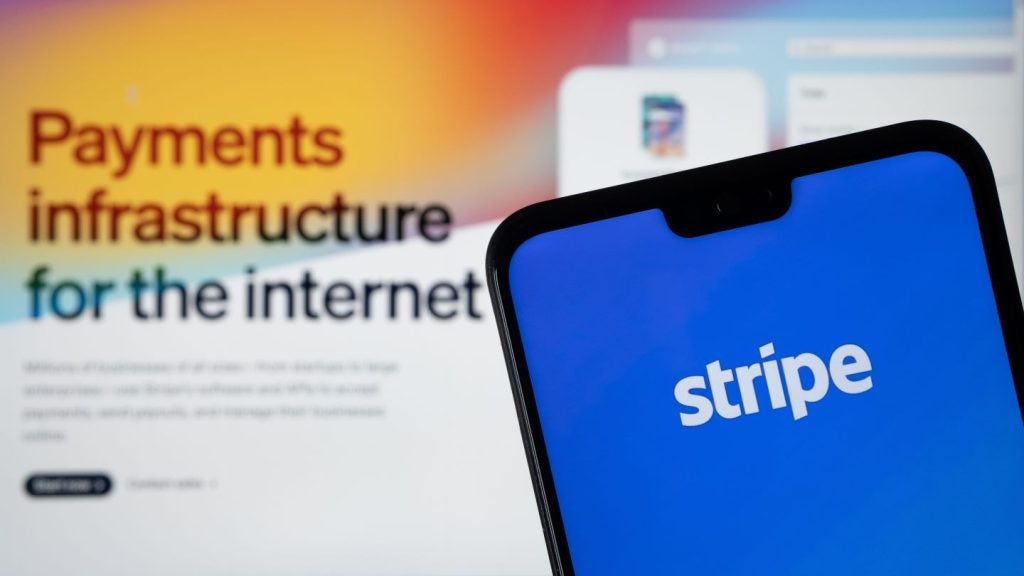Already a significant force in the US and global
business-to-business payments market, US Bancorp has partnered with
Visa to establish a joint venture aimed at creating a multi-bank
network. Richard Langer, COO of the new venture, provided Charles
Davis with insight into the strategy being
followed.
Signalling the growing importance of automating
business-to-business (B2B) payments, US Bancorp is teaming with
Visa on a new joint venture aimed at attracting more corporate
users and more lucrative transaction fees.
The joint venture – named Syncada – extends the reach of the
Minneapolis-based US banking company’s PowerTrack platform into new
markets by inviting other banks into the network.
Combining Visa’s connections to banks all over the world with US
Bancorp’s years of handling domestic corporate payments produces a
player to be reckoned with in B2B payments processing. Visa claims
it is the first global supply-chain network that focuses on payment
processing, electronic invoicing and trade finance.
Richard G Langer, a senior vice-president at US Bancorp and
long-time general manager of PowerTrack, has been named chief
operating officer of Syncada. Langer told EPI there is an enormous
amount of activity and interest by banks in the Syncada network,
and in the next few months, partner banks will begin implementing
and selling the product to their business banking clients.
“Unlike a lot of joint ventures, this is a company that already had
a book of business and was an ongoing venture, so we were doing
business the next day,” Langer said. “We are processing all of US
Bank’s business on day one, and now we go create that network
effect by bringing banks on board.”
The key, Langer said, is interoperability, which is something Visa
has a long history of managing.

US Tariffs are shifting - will you react or anticipate?
Don’t let policy changes catch you off guard. Stay proactive with real-time data and expert analysis.
By GlobalDataMulti-bank network vital
“To truly do this, you have got to build a multi-bank network, and
this is the most strategic way we have found to do it,” Langer
added. “We are the only business not selling directly to end
customers. We sell only through bank partners, and we can
demonstrate a proven revenue stream.”
As part of the joint venture, Visa made a capital investment in
Syncada and will provide its experience in building and managing a
multi-bank network, as well as marketing, sales and risk management
support. US Bank contributed assets – including its technology
platform and certain personnel – and will provide expertise in
automating general payables/receivables spend, in addition to
focused expertise in multiple spend categories, including freight,
utility, telecom and global trade payments.
Syncada will be built upon the foundation of US Bancorp’s
PowerTrack system, an electronic invoicing, payment and trade
finance network that processed its first transaction in 1998, for
the Defense Department. Today, Langer said, the network serves
hundreds of corporate and governmental buyers, interacts with
thousands of suppliers and processed more than $18 billion in
invoices in 2008.
The PowerTrack platform not only provides a network for invoicing
and payments, but also performs invoice matching at the line-item
level and can automatically make payments to suppliers, Langer
said.
The venture allows financial institutions of all sizes to offer
their commercial clients standardised B2B invoice processing,
financing and payment services across a variety of payment types
and local currencies. Financial institutions can also build
transaction and credit-based treasury management business by
offering the network’s services to buyer and supplier
clients.
Expanded global reach
And though the Minneapolis banking company has been operating
PowerTrack in 46 countries, Langer said that joining forces with
Visa will allow Syncada to greatly expand its international reach,
including Asia, a hot market for US corporate buyers looking to
automate connections to suppliers around the Pacific Rim.
Langer said Syncada is structured as a 50-50 partnership between US
Bancorp and Visa, though the partners are talking to a number of
banks about taking equity positions or participating as non-equity
partners and are open to either approach.
Syncada is based in Minneapolis, where most of the employees are
located, but also has operations in Chicago, Toronto, Brussels,
Mumbai and Memphis, as well as an Asian location coming soon,
Langer added.
Syncada, not coincidentally, also gives Visa a way to compete with
the MasterCard Payment Gateway, introduced by MasterCard Inc in
2007, which now counts users such as US banks Wells Fargo & Co
and Citizens Financial Group Inc.
Just a couple of years ago, US institutions were snapping up
payments companies. JPMorgan Chase & Co bought the
payment-automation vendor Xign Corp in 2007, on the heels of
American Express Co’s 2006 acquisition of Harbor Payments Inc. Now
banks seem to be realising that by playing together they simplify
the process by creating fewer, but far larger networks. Rather than
compete head-to-head in a crowded marketplace with dozens of
incompatible systems, Visa and MasterCard are working to maximise
the network effect by ramping up the number of banks on the
system.
In another example of a bank exiting the go-it-alone route, Bank of
America announced in July that it is selling its PayMode corporate
e-invoicing operation to Bottomline Technologies, a Portsmouth, New
Hampshire-based payments technology vendor.
The improving economy no doubt is reviving interest in the B2B
payments market, as is the fact that there remains huge potential
for processing these payments electronically. The typical
organisation made 74 percent of its B2B payments by cheque in 2007,
according to the Association for Financial Professionals, a trade
group for corporate treasurers, based on its most recent survey.
Three years earlier, cheques made up 81 percent of such payments,
signalling a rather lacklustre effort to date to electronify B2B
payments.
US businesses spend about $1 trillion per year on their payments
needs, but the consultancy Treasury Strategies Inc recently
estimated that banks garner only about 10 percent of that
total.
Langer said that business-to-business payments could generate $300
billion in annual revenue for the financial industry, an
opportunity that is largely untapped.
“This is a huge revenue opportunity at a moment in time when
everyone is looking for one,” he said.







